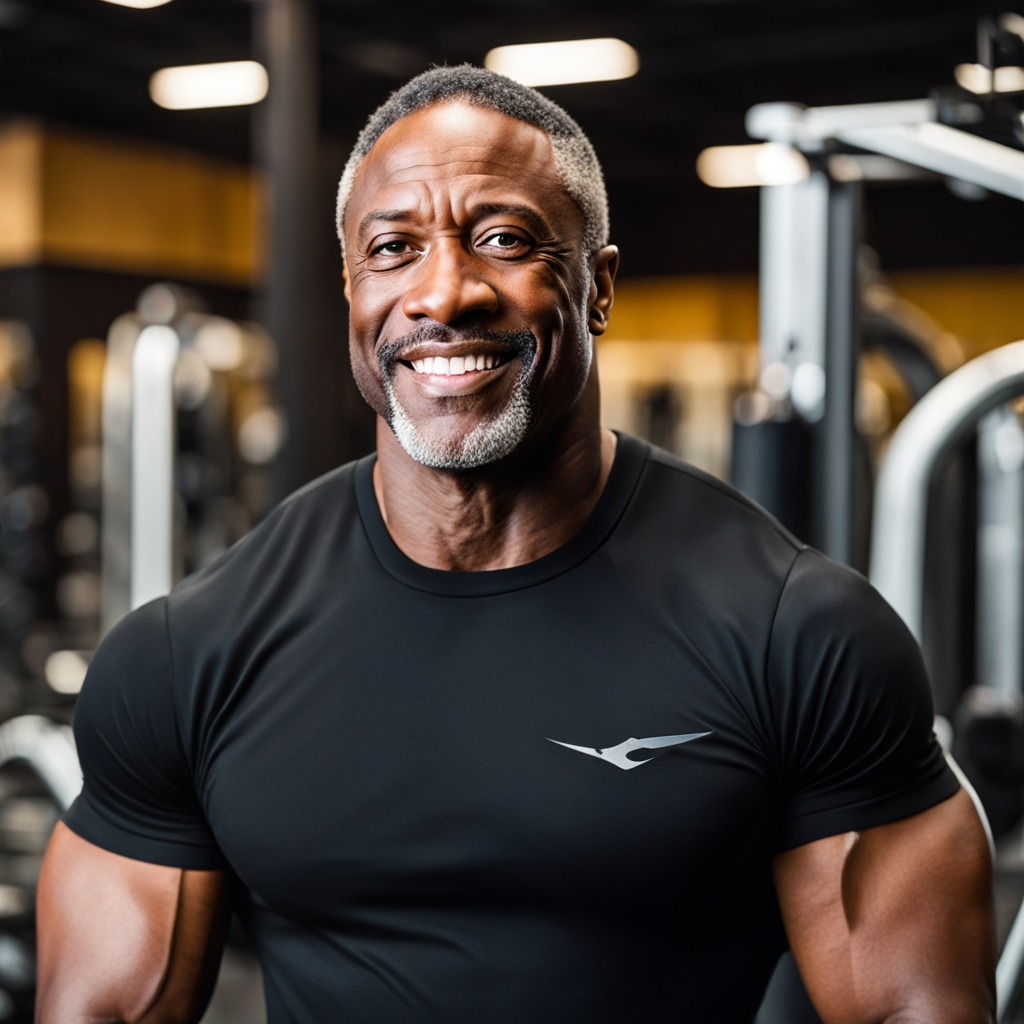It's surprising how seldom we hear about the wonders of vitamin B5, also known as pantothenic acid. Perhaps its obscurity is due to the rarity of deficiencies. Even its name, derived from the Greek "pantothen," meaning "from all quarters," implies that you can find this essential vitamin in a vast array of natural foods, from sesame-crusted aardvark to zucchini carpaccio.
However, if you're an avid exerciser following a low-carb diet or experiencing a deficiency in another B vitamin (which influences the metabolism of vitamin B5), you might unknowingly lack pantothenic acid.
A deficiency in this crucial nutrient can manifest as restlessness, sleep disturbances, that uncomfortable "pins and needles" sensation, and stomach cramps. But it doesn't stop there; it could also lead to a deficiency in testosterone. Your testes, masterful biochemists that they are, rely on vitamin B5 to convert cholesterol into testosterone.
So, it's safe to say that a shortage of vitamin B5 is not a great idea, if only for the sake of your testosterone levels. But that's not all; there's evidence to suggest that substantial doses of this nutrient may hasten the healing of skin and tendon injuries.
B5 and Testosterone: A Vital Connection
Recent research conducted by Japanese scientists has shed light on the relationship between vigorous exercise and a high-fat diet (common among physique-conscious individuals, often accompanied by reduced carb intake) and declining B5 levels, at least in rats.
The researchers observed that this decrease in B5 levels was linked to a noticeable decline in testosterone levels. This strongly suggests that maintaining adequate vitamin B5 levels is vital for sustaining normal testosterone levels.
B5 and Accelerated Healing: An Untapped Resource

Interestingly, older studies sometimes contain overlooked gems that can significantly enhance performance. French researchers in the 1980s found something intriguing - supraphysiological (though not extreme) doses of vitamin B5 led to faster healing of damaged skin and tendons.
This discovery could be a game-changer for the countless athletes who suffer from tendon injuries. To put their theory to the test, the researchers conducted experiments on rabbits, dividing them into three groups:
- A group that received standard food.
- A group that received food with reduced B5 levels.
- A group that received food along with supplemental B5.
The rabbits in all groups underwent surgical procedures involving incisions in the skin and tendon tissue of the abdomen. In the days, weeks, and months that followed, the group that received food supplemented with B5 displayed significantly enhanced and accelerated healing. Remarkably, by day 10, their scar tissue was stronger than that of the other groups, and their tendon healing was even more impressive.
Regrettably, the researchers couldn't pinpoint the exact biochemical mechanism behind this phenomenon. Nevertheless, this discovery holds promise for those with tendon issues.
Applying the Research Findings
If your diet consists of a balanced mix of fats and carbs, vitamin B5 supplementation is likely unnecessary. However, vegetarians, who may not obtain sufficient cholesterol through their diets, should consider supplementation.
If you're engaging in intense workouts while restricting your carbohydrate intake (potentially replacing them with higher fat consumption), it's prudent to consider a B5 supplement. A daily oral dose of 500 mg should suffice to help maintain your testosterone levels.
If you've experienced a tendon injury during your training or are recovering from surgery involving skin damage, ponder the potential benefits of a daily oral intake of 1 gram of vitamin B5. This could expedite your healing process.
In conclusion, vitamin B5 is a powerhouse nutrient that deserves more attention for its role in maintaining testosterone levels and potentially speeding up the healing of skin and tendon injuries. Don't let this overlooked gem pass you by.






